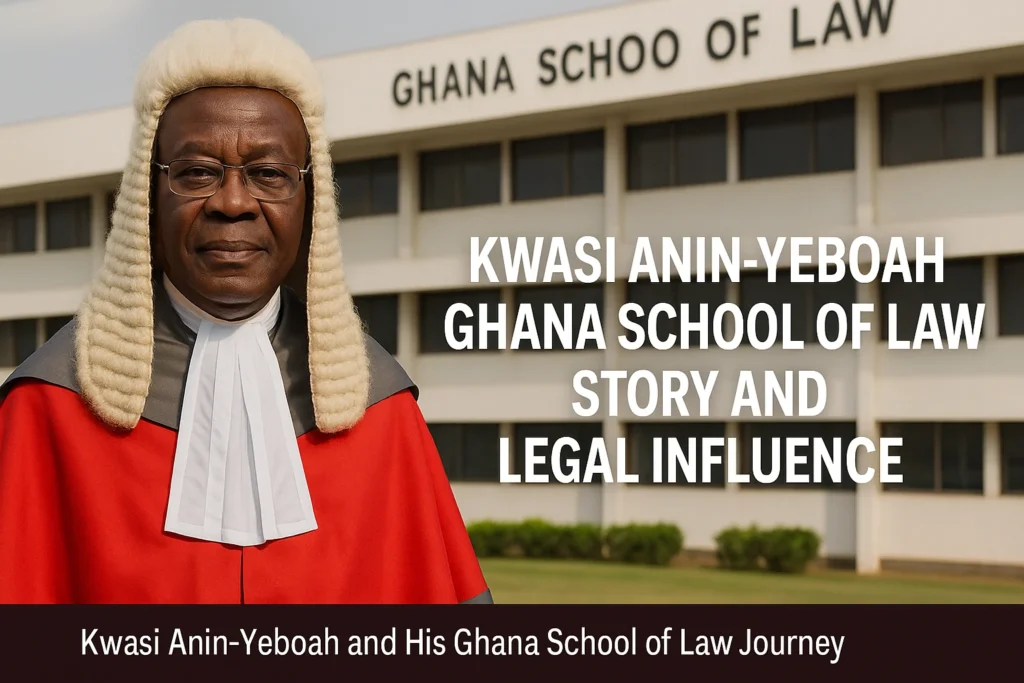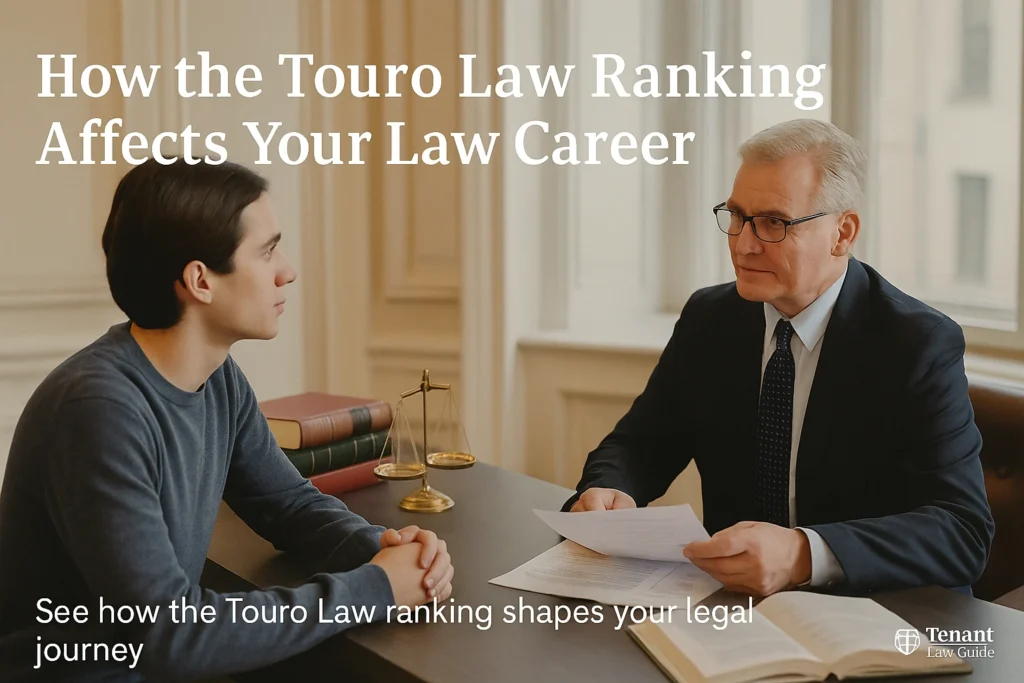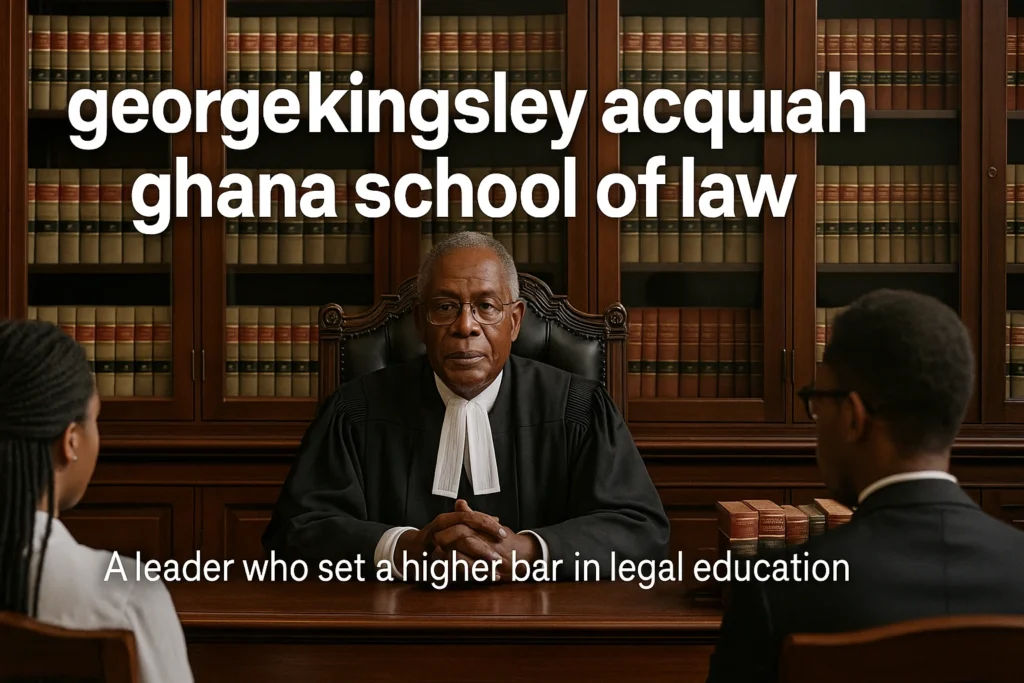Kwasi Anin-Yeboah trained at the Ghana School of Law. He studied hard and earned his law qualification.
The Ghana School of Law taught him the law foundation. He learned how to judge fairly. He grew in his skills there.
He rose through the courts in Ghana. He reached the top. He became Chief Justice of Ghana. He spent years giving service to the law.
He also gave back to the school that shaped him. His path links him closely with legal education in Ghana.
Early Life and Legal Training
Kwasi Anin-Yeboah grew up in the Ashanti Region. He attended secondary schools there. He entered the University of Ghana. He studied law there.
He moved on to the Ghana School of Law. He joined the law school in the late 1970s. He studied rules, cases, and court work. He met other students who shared his goal. He learned to think with clarity. He practiced legal debate and calm reasoning.
He passed exams at that school. He gained his law qualification. He joined the bar in 1981. He started his legal path. He took small cases first. He built a practice steadily.
That training gave him rules about how to act. He taught himself to speak clearly in court. He learned to respect each position. He grew as a young lawyer there.
He took a love for law from that training. He stayed true to simple ideals. He kept fairness and honesty as his guide. He told himself to always seek the truth.
He learned to weigh facts, listen well, and follow process. The school gave him that strong base. It shaped his view of what law should serve.
He worked in the state attorney’s office early on. He moved into private practice later. That early work helped him learn more. He met judges, clients, and other lawyers.
He learned how the law works in real life. The law school gave tools. He used them to live out that truth in daily work.
Judicial Career Growth
Ghana promoted Anin-Yeboah to the High Court in 2002. He served there with care. He made sure each case got clear review. He paid close attention to detail.
He treated all parties with respect. He worked with other judges. He laid solid legal ground for his judgments. That made him stand out.
The next year, he rose to the Court of Appeal. He wrote more opinions. His words in judgment stayed firm. They explained why he ruled as he did.
He made sure his reasoning stood on logic and law. He gained trust from his peers. He also won public respect.
In 2008, he joined the Supreme Court. He saw big cases on rights, public interest, and governance.
He spoke out when justice called for it. He wrote opinions that shaped law in Ghana. He urged respect for the constitution, checks and balances, and court power.
He rose to Chief Justice in January 2020. He took the top seat in the judiciary. He led judges across Ghana. He spoke about quality in law practice.
He did not settle for less. He held training sessions, urged reforms, and spoke plainly about what the public needed.
He said the law must be more than rules. It has to serve people. That view went back to what he learned in law school.
Connection to Ghana School of Law
Anin-Yeboah stayed linked to the law school. He taught part-time there. He spoke with students. He offered lectures on civil procedure and legal systems.
He walked into the classroom with decades of experience. He shared stories that came from court life. He broke down tough ideas into plain talk. He helped students see how the law works beyond books.
He called for a change in legal education. He spoke about how the school must stay strong. He said more faculties open across Ghana. He argued they must match quality.
He reminded that the school must teach deeply. He urged focus on ethics, not just rules. He thought that would give the law power it deserves.
The school gained from his voice. Students paid attention. They heard him raise standards. They saw a judge at the top talk of truth, fairness, and service.
That sent a message to all law teachers and students. The school could build on that message well.
He praised the law school’s legacy. He pointed out how it shapes many lawyers. He urged that tradition stay firm. He wanted strong practice, open minds, and public trust.
He said the law must always meet that promise. He showed what a school and its alumni can offer to a society.
Impact on Legal Education
Anin-Yeboah helped shape legal learning in Ghana. He urged rule clarity. He pushed for fewer distractions and real skill. He told the school to focus on core training.
He asked that ethics and logic lead all courses. He wanted students to know not just rules but why rules matter.
He also said law teachers must act with integrity. He urged them to teach truth, talk plainly, and shape an open mind. He said legal skills must include writing, listening, and clear speech.
He asked for hard work in small class sizes. He believed quality grows through good practice.
He pushed for revision of syllabus. He asked that procedure, rights, case work, and advocacy form the core. He said lawyers must be ready at court.
They must be clear, fair, and quick to think. He spoke of case studies that show real life. He wanted students to learn from stories of right and wrong, good and bad. He thought that would shape better lawyers.
He also supported access to the school. He wanted a high standard, not exclusion. He said the school must admit those who meet the goals and show ethics.
He pushed for fair selection and support systems. He thought that would serve the nation. He paired that call with training to lift students up, not filter them out.
Read Related Post: George Kingsley Acquah, Ghana School Of Law: A Guide for Students
Broader Legacy and Influence
His words now reach a wider field. His cause travels beyond law. People talk of thoughtful teaching. They talk of simple goals that last.
They see how one person draws on training to build systems. They see how a judge speaks to students and changes minds. That shows how law links school and public service.
He also serves internationally. He joined bodies like FIFA to judge ethics cases. He brings his training and view of justice there.
He uses the skills law school gave him: logic, clarity, fairness. He shows how those tools can work anywhere. That raises the school’s name too.
His legacy now lives in two streams. First, the judges, lawyers, and students who learn of his words. Second, the institutions that shape law in Ghana.
His voice echoes in court halls and classrooms. His life links practice and learning. That matters in the long run.
He shines as an example to law students. They see a path from school to bench to leadership. They learn the need to speak plain, act fair, serve public.
They gain more than a degree. They gain values. That may shape them and the country in years ahead.
Conclusion
Kwasi Anin-Yeboah’s story and the Ghana School of Law blend in a simple truth. The school gave him training, a fair sense, and a clear mind.
He paid back through teaching, an honest voice, and high ideals. He rose in courts, urged school reforms, and spoke for quality and service. His path shows how law school can shape a life of justice.
He taught students how to think, how to write, and how to act. He urged the school to hold truth above tests. He led with values.
It leaves a mark on legal education and justice in Ghana. Students and teachers who follow him can help the law serve people and sustain trust.
People Also Asked Questions
Q1. Who is Kwasi Anin-Yeboah?
He is a former Chief Justice of Ghana. He trained at the Ghana School of Law and served in several judicial roles, including the Supreme Court.
Q2. What is Kwasi Anin-Yeboah’s link to the Ghana School of Law?
He studied there, qualified in 1981, and later returned as a part-time lecturer. He taught civil procedure and legal systems.
Q3. How did Kwasi Anin-Yeboah impact legal education?
He pushed for higher standards at the Ghana School of Law. He urged reforms to improve ethics and quality in legal training.
Q4. When did Kwasi Anin-Yeboah serve as Chief Justice?
He became Ghana’s Chief Justice in January 2020 and served until May 2023.
Disclaimer:
This article is for educational purposes only. It shares publicly available information about Kwasi Anin-Yeboah and the Ghana School of Law. It does not provide legal advice.



